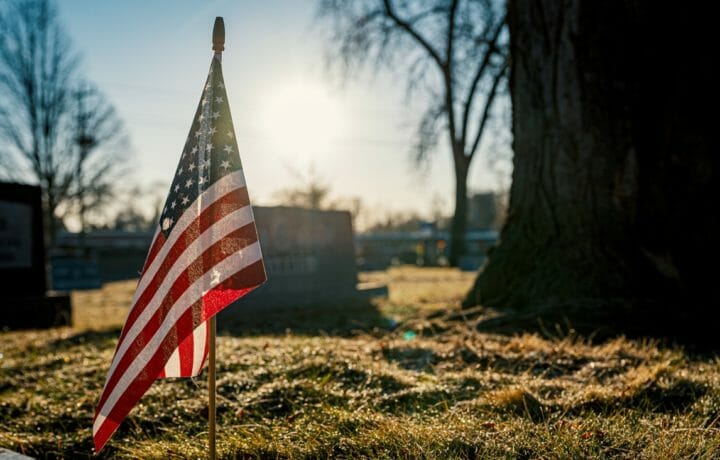Based on need, the Federal Work Study (FWS) program provides part-time paid employment to undergraduate, graduate and professional part-time or full-time students looking for ways to help finance their post-secondary education (and secondly to gain some work experience). Pay rate cannot be less than the current federal minimum wage regardless of employer. Depending on the skills required by the job, the hourly rate could be higher. Normally work study awards range from $1,500 to $1,800 per semester. The actual amount depends on the amount of the award. Once the award cap is reached, work-study ends for that academic year.
Undergraduates work on an hourly basis and must be paid by the school at least once per month. Graduate and professional students may work on a salary basis as their FWS awards are usually higher, allowing for a longer work period. The number of hours that can be worked are determined by:
- Student class schedule
- Academic progress
- The amount of the award.
In most cases jobs require 10 to 20 hours per week of work when in the program.
The money can go directly to the student, deposited into a bank account designated by the student or forwarded to an account at the school. Normally the money is used to help pay tuition, fees, room and board (if living on campus) and other education-related expenses. Because this is a type of grant, money earned does not have to be paid back (as is not the case with student loans).
FWS employers can range from the school itself, a federal agency, or private non-profit organizations. Under the agreement, jobs on campus are supposed to be in a field related to the students course of study when possible and could include tutoring, working in a school cafeteria, bookstore or library.
When out in the community, jobs can be with a local non-profit, governmental or community-based organizations. Jobs may not be with organizations having religious or political ties, or ones that would displace workers from existing jobs.
Applying for the FWS program is via the Free Application for Federal Student Aid (FAFSA) application. Be sure to check the box that asks if you are interested in work-study as part of a financial aid package. Checking the box does not affect other financial aid offers because a work-study award is not guaranteed.
And while the official FAFSA deadline in June 30th, it is beneficial to apply as early as possible as FWS awards are on a first-come, first-serve basis until the pot of money designated runs dry. Because the FAFSA can be used to apply for state or school financial aid, students also have to be aware of those date deadlines as they may be different than for the FWS program. The earlier an application is submitted, the better chance of an award.




